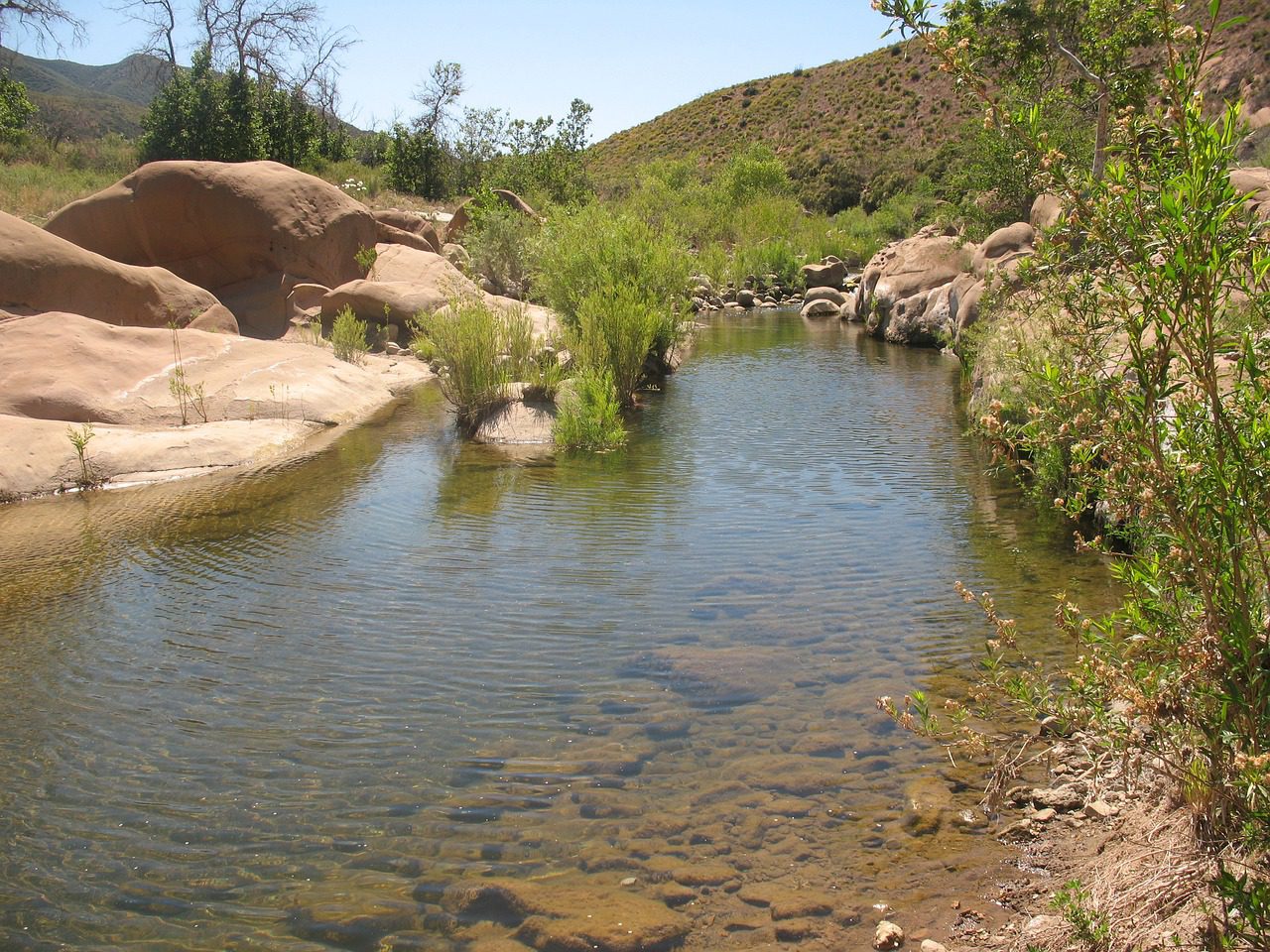July 14, 2023 — Historic, pre-1914 water rights in California are the target of proposed legislation that has the potential to upend longstanding water rights relied upon by farmers and water districts.
The California Assembly Committee on Water, Parks, and Wildlife has approved SB 389 , which aims to provide the State Water Resources Control Board with the authority to assess and revise historic water rights and reduce rural water allocations.
, which aims to provide the State Water Resources Control Board with the authority to assess and revise historic water rights and reduce rural water allocations.
Increased Authority for the State Water Resources Control Board.
If enacted, SB 389 would enable the California State Water Resources Control Board and its five appointed members to review and possibly modify both riparian and appropriative water rights. The bill, already approved by the California Senate, mainly targets entities that acquired their water rights before 1914, before a formal permitting and record-keeping process was implemented.
would enable the California State Water Resources Control Board and its five appointed members to review and possibly modify both riparian and appropriative water rights. The bill, already approved by the California Senate, mainly targets entities that acquired their water rights before 1914, before a formal permitting and record-keeping process was implemented.
The legislation proposes an evaluative process where these early water rights holders would need to provide comprehensive documentation to prove the legality of their rights and consistent compliance with the concept of “beneficial use”. This could place a significant burden on water rights holders, making them effectively responsible for demonstrating their entitlements’ validity, with both their water access and livelihoods potentially at stake.
Opinions on the Bill.
Nick Dokoozlian, a consultant for the California Assembly Republican Caucus , claimed that this bill seeks to overhaul the California water rights system for the benefit of specific political factions, with the power being handed to unelected officials.
, claimed that this bill seeks to overhaul the California water rights system for the benefit of specific political factions, with the power being handed to unelected officials.
Senator Ben Allen, the bill’s author, argues that the bill’s intention is to enhance the State Water Board’s capacity to manage future drought situations more effectively. Allen contends that “SB 389 provides information-gathering tools that allow the State Water Board to align a watershed’s reported demand with the diversions and use authorized under California law, thus more accurately determining water availability for all beneficial uses.”
Brian German, News Director for AgNet West , writes that the bill is dangerous and can upend the state’s water system and economy. “The bill provides authority for curtailing pre-1914 water rights without the need for an emergency declaration. Additionally, SB 389 would broaden the authority of the water board to include the ability to investigate the validity of senior water rights at any time. ‘When you start messing with the water rights system you threaten the economic viability of innumerable farms. You threaten the economies of entire regions and some large cities like San Francisco,’ said Dave Puglia, President and CEO of Western Growers.”
, writes that the bill is dangerous and can upend the state’s water system and economy. “The bill provides authority for curtailing pre-1914 water rights without the need for an emergency declaration. Additionally, SB 389 would broaden the authority of the water board to include the ability to investigate the validity of senior water rights at any time. ‘When you start messing with the water rights system you threaten the economic viability of innumerable farms. You threaten the economies of entire regions and some large cities like San Francisco,’ said Dave Puglia, President and CEO of Western Growers.”
Brenda Bass at California Chamber Alert writes:
writes:
The bill shifts onto the water right holder the burden of proving its right, rather than requiring the water board to show that the right doesn’t exist as claimed.
SB 389 also changes the law governing forfeiture of water rights in a way that, unlike other areas of law, would allow the State Water Board to take away water rights without the existence of a conflicting claim of right.
This change in forfeiture may create perverse incentives against conservation and other drought planning because using the entirety of the right would help protect against a claim of forfeiture in a future water board investigation.
The legislation has generated substantial opposition from a diverse group of stakeholders, including urban water districts and California farmers, all of whom could be affected by changes to historic water rights.


Leave a Reply